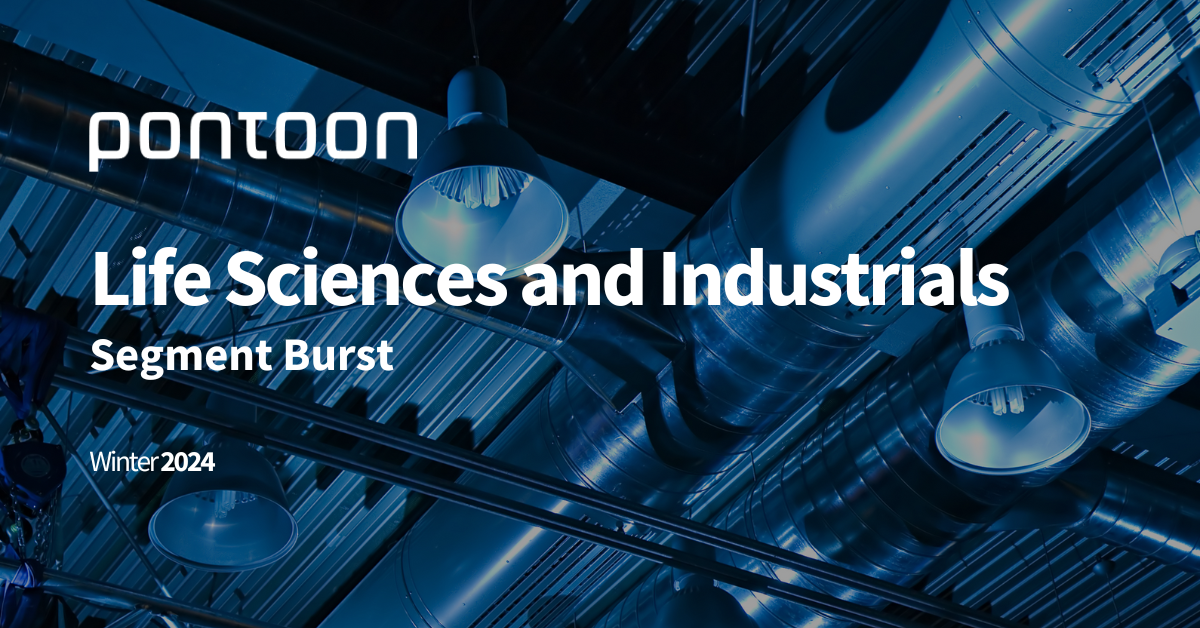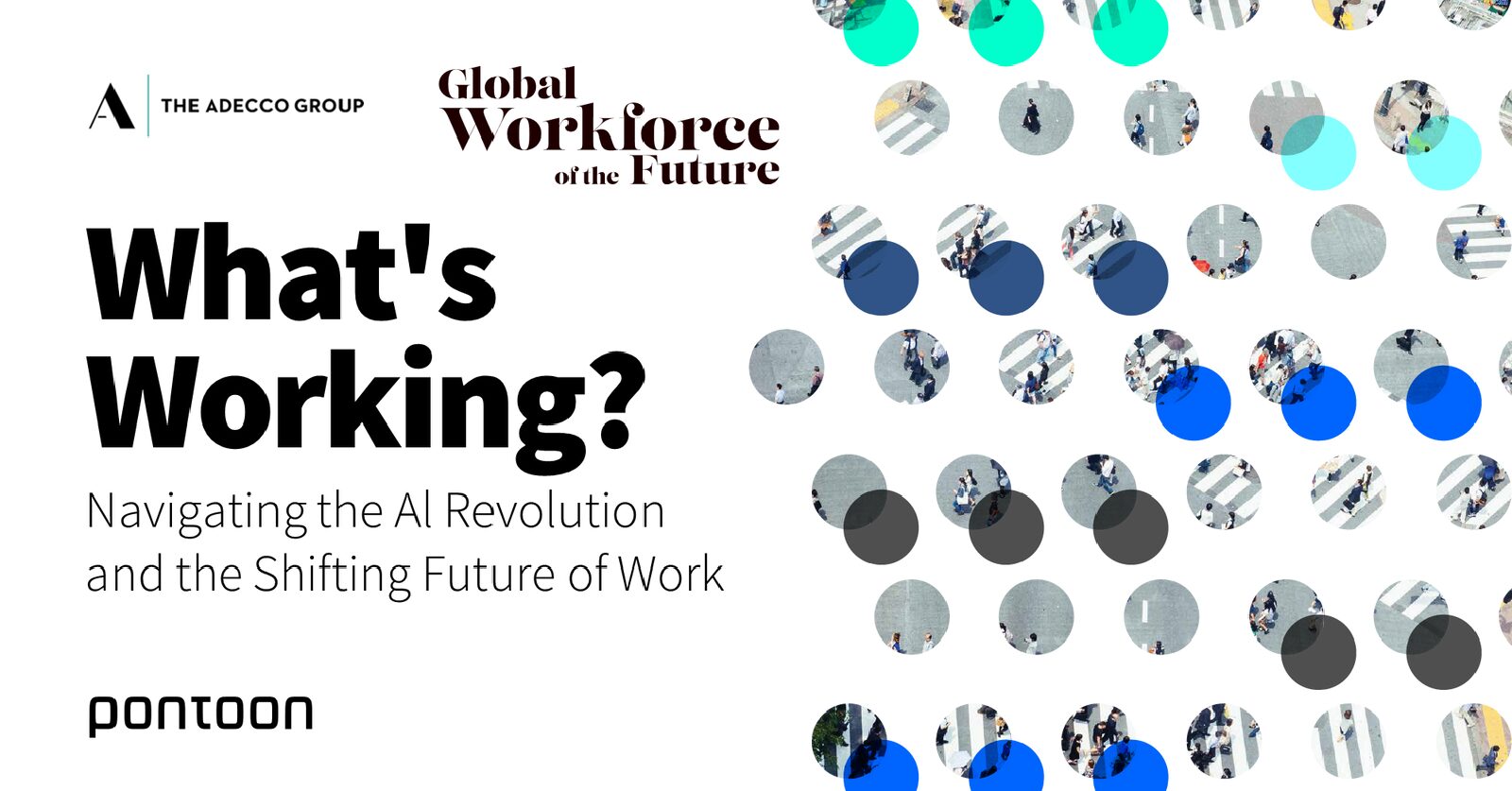Life Sciences and Industrials Segment Burst: Winter 2024
Research
.
In the Winter 2024 Life Sciences and Industrials Segment Burst, we explore the most recent workforce trends in the life sciences sector, talent-related implications of the upcoming AI revolution in energy & utilities, and latest takeaways on automotive talent retention from our Global Workforce of the Future report.
Global life sciences workforce trends
Our latest research – conducted as part of the Global Workforce of the Future report – reveals a few prominent trends driving the life sciences industry. These include anticipation of time-saving benefits from artificial intelligence (AI), considerations of the transferability of skills, and a resounding emphasis on flexible opportunities for an enriched work-life balance.
AI revolution
According to life science workers surveyed, the most likely positive impact of generative AI includes learning skills and progressing in the job. 6 in 10 life sciences workers believe AI will save their time, allowing them to focus on more valuable tasks. Only 6% worry that AI could put their job at risk.
Transferable skills
Workers in life sciences are below the global average when considering the relevance of their skills. According to Pontoon’s Global Workforce of the Future study, 53% of life sciences professionals think their skills are transferrable to other industries, which is below the global average (56%) and below tech and professional services sectors (67% and 64% respectively).
Work-life balance
Almost all life sciences workers admitted they would not accept a job without flexible work options. Apart from flexibility, talent in the sector wants increased work-life balance. Pontoon’s data reveals that 4 in 10 professionals looking to change jobs or companies in the next 12 months are doing so because they want a job with a better work-life balance or are worried about burnout.
Pontoon’s recommendation
To remain successful, employers should take proactive steps to align with evolving workforce expectations. To harness the positive impacts of generative AI, life sciences companies should invest in training programmes that facilitate continuous skill development. Moreover, recognising the below-average perception of skills transferability in the sector, employers must implement upskilling initiatives that bridge the gap, emphasising the versatile applicability of their workers’ skills both within and beyond the life sciences domain. Furthermore, acknowledging the importance placed on work-life balance, employers can offer flexible working opportunities, foster a supportive workplace culture, and address the concerns of burnout.
AI-powered sustainability in the power sector
Last year saw record-high capital expenditures of nearly $171 billion by the largest electric and gas utilities in the US, aimed at decarbonising the grid.
According to Deloitte, the momentum will continue in 2024. With electricity demand expected to triple by 2050, energy and utilities leaders need to estimate costs that will be indispensable for expanding both the grid and their workforce to meet peak demand.
In the evolving landscape of the power sector, the anticipated expansion of AI capabilities in 2024 signifies a pivotal moment of industry transformation.
However, Deloitte‘s research shows that while workers in the power sector see the value of using AI to increase operational efficiency and accuracy, fewer employees seem to see the value of using AI to positively enhance sustainability efforts.
Pontoon’s recommendation
In Pontoon’s view, fostering awareness and understanding of AI’s ability to enhance sustainability can unlock new opportunities for the energy and utilities industry.
The integration of AI not only offers efficiency gains but also holds immense potential to drive sustainable practices, contributing to a more resilient and environmentally conscious industry. Encouraging a broader perspective on the multifaceted benefits of AI, particularly in promoting sustainability, will be crucial for maximising its positive impact on the power sector’s future.
Moreover, to harness the full capabilities of AI, the industry must seek tech-savvy professionals capable of implementing and optimising new technologies for a changing climate. As heat and drought continue to disrupt operations, the industry will be compelled to transition towards more sustainable and water-efficient production methods. In this transformative journey, the expertise of green talent becomes indispensable, particularly in the seamless integration of solar and wind energy measures to nurture resilience and eco-friendly practices.
Embracing a workforce adept in these advancements ensures not only the adaptability of the industry but also contributes significantly to a more sustainable and environmentally conscious future.
Strategies for retaining global automotive talent
According to our latest research – conducted as part of the Global Workforce of the Future report – 20% of automotive professionals intend to resign from their current roles within the next 12 months. Reasons include dissatisfaction with working conditions, a perceived lack of career progression, and a scarcity of upskilling opportunities as their primary motivations.
The Global Workforce of the Future survey of over 1,000 automotive workers revealed that while 72% of employees express a commitment to remain with their current employers, their intention is conditional. For 36% of these professionals, their loyalty is contingent upon the availability of career development and progression avenues.
As such, it becomes evident that leaders in the automotive sector must prioritise and implement comprehensive career development programmes, ensuring equitable access to growth opportunities for all employees. Neglecting this imperative could not only result in the loss of valuable workers to competitors but also lead to an exodus of skilled professionals from the industry.
In sum, the automotive sector finds itself at a pivotal juncture where talent retention poses an escalating challenge. Addressing the concerns voiced by automotive professionals is instrumental in retaining top-tier talent. Leaders who embrace this transformative approach will not only secure their workforce but also propel the automotive sector into a future of innovation and sustainable growth.
Pontoon’s recommendations
- Address dissatisfaction with working conditions: Conduct surveys and assessments to identify specific pain points related to working conditions. Implement changes and improvements based on employee feedback.
- Enhance career progression avenues: Develop clear and transparent career progression paths for automotive professionals and invest in comprehensive career development initiatives. Communicate these pathways effectively to employees, emphasising the potential for growth within the organisation.
- Provide AI training: Encourage employees to actively seek opportunities for self-improvement and skill enhancement. Establish AI training programmes to meet the expressed need of automotive professionals.
Related Post
Introducing the Global Workforce of the Future Report
Introducing our highly anticipated annual global workforce study – the Global Workforce of the Future Report: Navigating the AI Revolution and the Shifting ...





